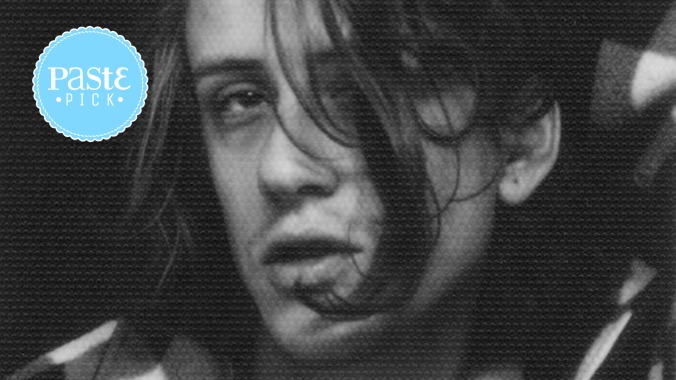Christopher Owens Scatters Hope Across I Wanna Run Barefoot Through Your Hair
The nine years that have passed since the Girls frontman's last solo album have been relentlessly brutal, but in his on-record grief there is a self-discovery that ebbs and flows through solace.

The nine years since Christopher Owens’ last album, 2015’s Chrissybaby Forever, have been so relentlessly brutal that even restating the details of them here, however briefly, feels cruel. Yet, for those unaware, that period of time saw: a motorbike crash that left Owens bedbound, the loss of his day job, his fiancée leaving him, becoming homeless, living in a camper attached to his car. Then, his camper was stolen while his pet cat was still inside. Another devastating blow came in 2020, when his former Girls bandmate Chet “JR” White died at just 40 years old.
Owens begins his latest album, I Wanna Run Barefoot Through Your Hair, on a fittingly and unsurprisingly bleak note. “No Good,” which combines shades of psychedelic pop, Midwest emo and slacker rock, begins with a pledge to write “not one more” song “where I’m pretending everything will be okay”. Later, Owens demands: “Leave me alone, I’m dying here”. The song’s guitars and drums tumble over each other as if mimicking an emotional breakdown.
As is to be expected, there is no shortage of such devastating moments on Owens’s fourth solo album. On “White Flag,” he begins with a declaration of surrender and alternates between clear-eyed fury—“You have hatred in your heart,” he spits at an unidentified “you,” enunciating clearly, precisely and slowly—and self-destruction, as he walks toward “oblivion” on “So,” whose largely acoustic soundscape recalls Seven Swans-era Sufjan Stevens. Owens sounds utterly lost, plagued with questions like “Where are you my love?” and “Will I be alone forever now?”
-

-

-

-

-

-

-

-

-

-

-

-

-

-

-

-

-

-

-

-

-

-

-

-

-

-

-

-

-

-

-

-

-

-

-

-

-

-

-

-








































